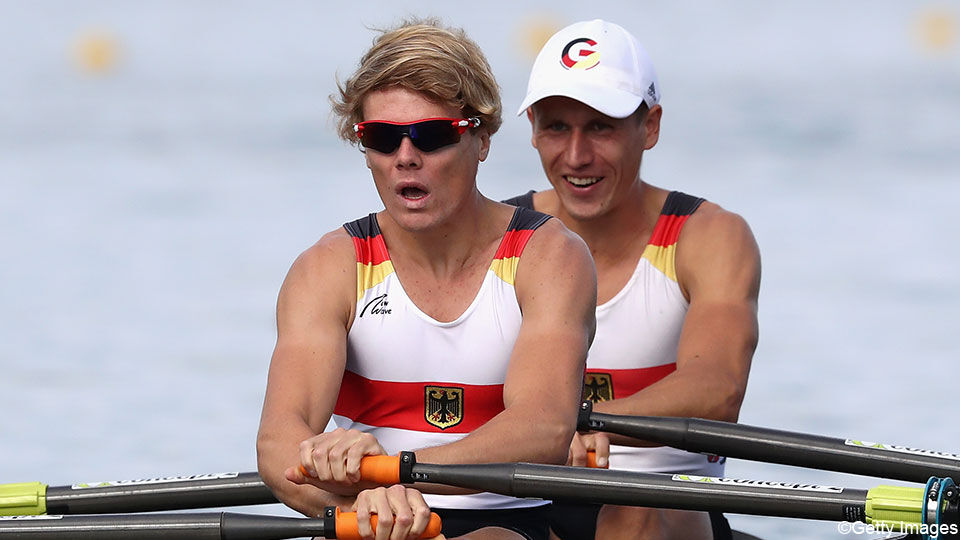With this Webinar seminar they want the brothers and sisters who have had experience of using traditional indigenous medicine in the fight against COVID-19, share their experiences on how they have worked and be able to share their experiences in the different countries of the Amazon.
“It is about listening to the voice of those directly involved, so that they share their research, their systematization and their experiences. It is also intended that they share some visual images of their experiences and that they give an account of their answers “
–
–
This event also seeks to identify the knowledge, the strengths of the experiences, as well as the weaknesses that could have been and the prospects forwards. It is about collecting experiences both in their curative results and in the cultural exchange that this has generated. And also that experiences are exchanged in relation to the promotion of mental health, focusing the problem not only on physical medicine but also with the mental health approach within the integral health approach.
Exhibitors and organizer
Participants in this Seminar will be Betty Souza, an indigenous nurse from the Tikuna people of Colombia, and representatives of Cáritas Madre de Dios, Peru, and the Pe Institute. Ezequiel Ramin – IPER, from Brazil. The event takes place at 2:00 p.m., Ecuador time, 8:00 p.m. in Italy, Spain and Portugal, and is broadcast on the YouTube of the Panamazonic Ecclesial Network: https://www.youtube.com/channel/UCC86WePHS58KSYO6nKSe0yA
Socio-environmental Justice of the Amazonian peoples
As a result of the Seminar, it is expected to create spaces to exchange and feed back these experiences from the different countries in order to further strengthen Socio-environmental justice and Good Living of the Amazonian peoples.
Alternatives to development
The axis of Socio-environmental Justice and Good Living of REPAM seeks to build a consensus on the development of the approach of good living from the proposals of the indigenous and Amazonian peoples. People and institutions that have work experiences in alternatives to development, socio-environmental justice and training in sustainable practices participate in the axis.
– .


